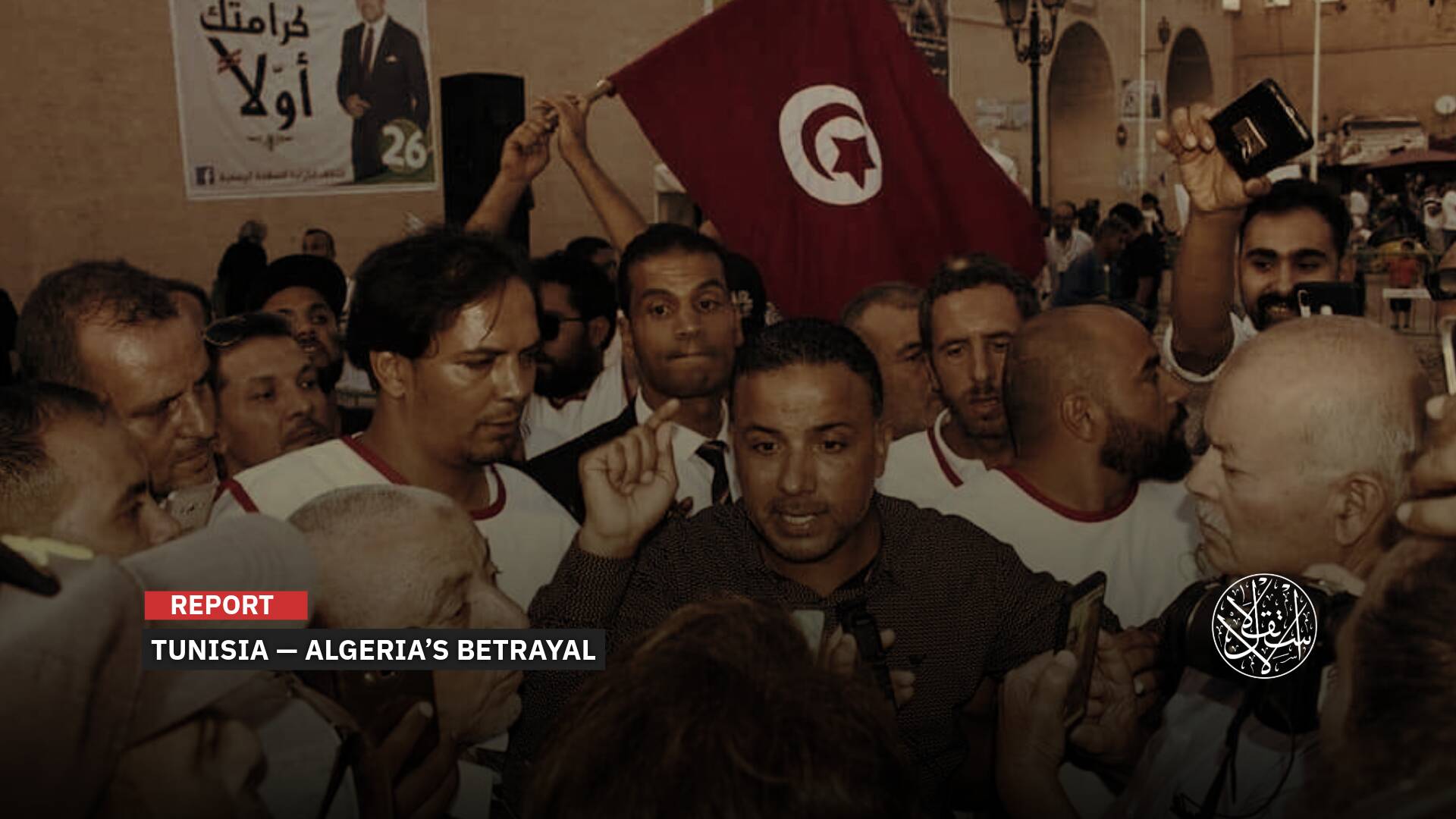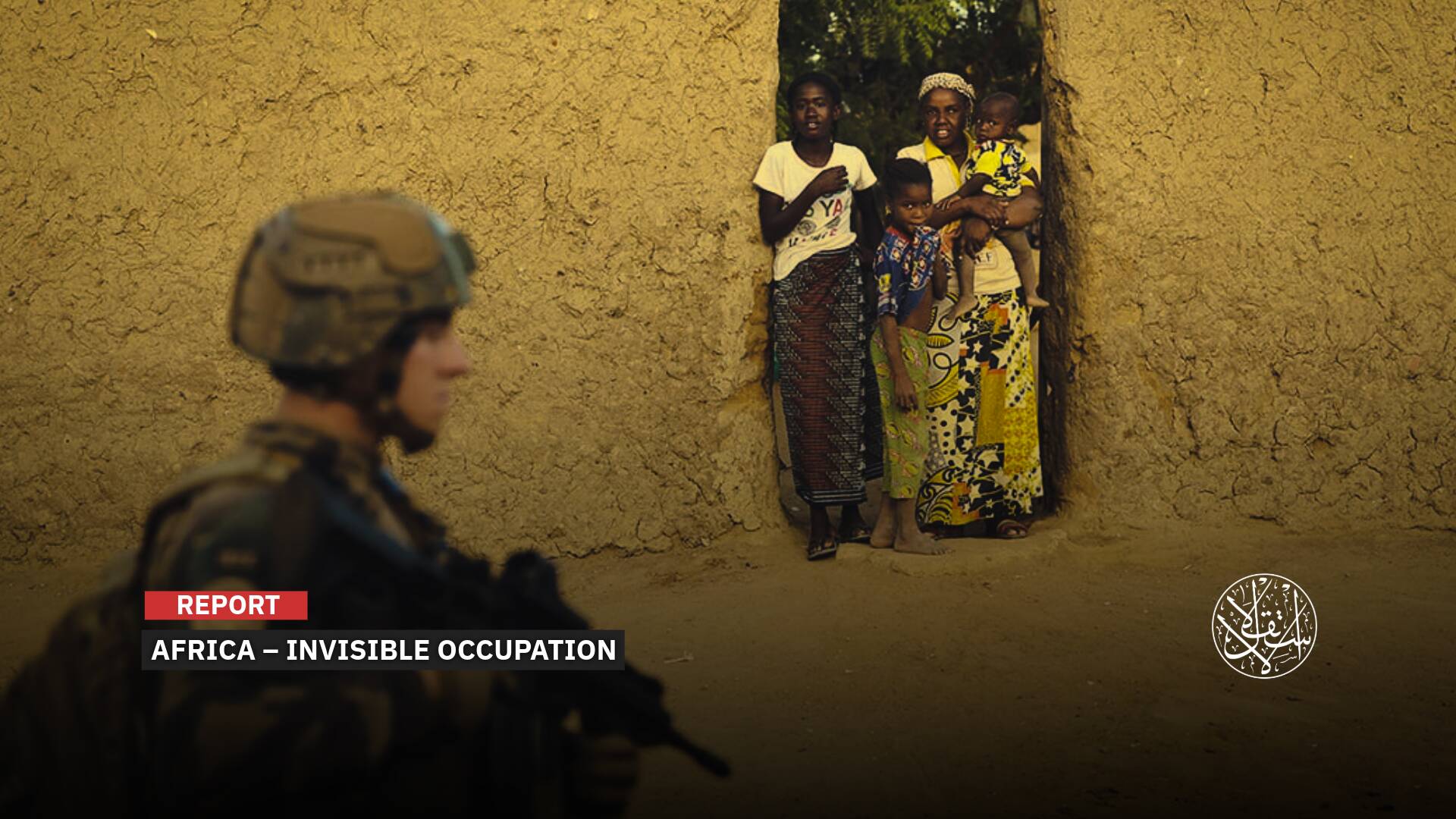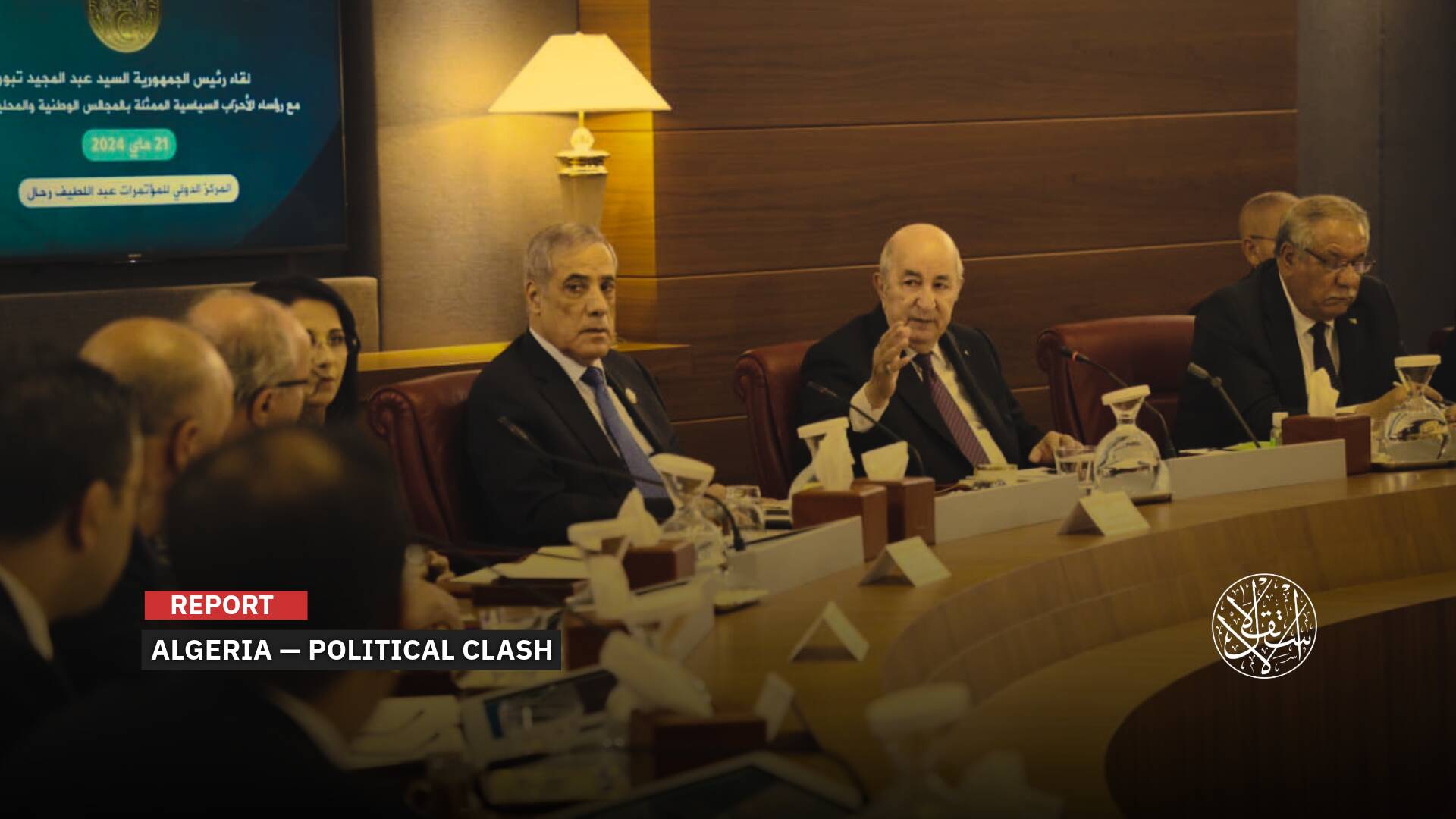Systematic Torture and Unfair Trials: A Human Rights Report Reveals Serious Violations in Bahrain

Bahraini courts have convicted and sentenced defendants to death after apparently unfair trials based on confessions allegedly taken under torture and ill-treatment, Human Rights Watch (HRW) and the Bahrain Institute for Rights and Democracy (BIRDBH) said in a joint report on Monday, October 10, 2022.
In their 54-page report, the organizations revealed serious and ongoing human rights violations, presenting the convictions and death sentences of eight men, who are among 26 people currently on death row.
After the recent revelations, The Telegraph published a report yesterday, October 12, 2022, where it stated that the UK government provided millions of pounds to finance the security services in Bahrain, which are accused of committing serious human rights violations, including torture.
Serious Human Rights Violations
Human Rights Watch and the Bahrain Institute for Rights and Democracy called on Bahraini King Hamad bin Isa Al Khalifa to tighten death sentences against 26 people.
The two organizations said that the sentences against those people who were tried in various cases, some of which were linked to terrorism and drugs, will be implemented after the king's approval.
The report noted that the courts of first instance and appeals rejected credible allegations of torture and ill-treatment during interrogation instead of conducting an investigating, as required by international and Bahraini law, adding that the courts in Bahrain are systematically violating defendants' rights to have a fair trial, including the right to have a lawyer during cross-examination and cross-examination of prosecution witnesses, as well as by relying on reports from confidential sources.

HRW and BIRDBH said King Hamad should tighten all death sentences, starting with defendants convicted based on alleged coerced confessions and those sentenced to death for less serious crimes.
They also considered that Bahrain should take serious steps to end the application of the death penalty officially.
In 2017, Bahrain carried out its first execution, seven years after the country stopped death penalty. Since then, the authorities have executed six people, some of them had connection with the protests that took place in the country in 2011.
In the same year, the Bahraini authorities, supported by the forces of its neighbor Saudi Arabia, suppressed popular protests calling for the government to place power in the hands of the king. In Bahraini courts at that time, sentences of imprisonment and withdrawal of citizenship were issued against hundreds of opponents, as well as those accused of belonging to terrorist groups.
Systematic Torture and Unfair Trials
Bahrain has executed six people since 2017; one of the cases includes Zuhair Ibrahim Jassim Abdullah, who was arrested by police for allegedly killing a policeman. He claimed that the interrogators stripped all of his clothes in an unsuccessful attempt to rape him and later threatened to rape his wife. He also alleged that security forces used electric shocks on his chest and genitals. By the end, he made a false confession, according to HRW.
In April 2018, Abdullah submitted a complaint to the Ministry of Interior and the Special Investigation Unit, alleging that he had been tortured. Abdullah said during his trial that coercion disproved his confession and that the case should be suspended until revealing the investigations' results.
However, the court rejected his request and rejected the allegations of torture, saying that the investigations included reliable elements.
In November 2018, the court convicted Abdullah and sentenced him to death based on his "false confession."

The organization said that Abdullah's case, in addition to the other cases, illustrates how Bahraini courts have violated their obligations under international and Bahraini law to investigate violations and respect basic fair trial rights. In some cases, prosecutors were involved in these abuses.
However, the Bahraini government responded in an email comment to CNN in Arabic that the kingdom's criminal justice system operates in full compliance with international law, saying that the United Nations human rights principles, including the right to a fair trial, are enshrined in the country's constitution and legislative bodies.
The Bahraini government spokesman said that all the prisoners in detention centers in Bahrain enjoy their guaranteed legal rights, and they are able to follow up the procedures in accordance with their rights and legal steps in the kingdom.
He added that the government has a zero-tolerance policy for abuse and that these allegations are fully inspected and investigated by independent bodies, such as the Public Prosecution Office and the Prisoners and Detainees Rights Commission.
Ongoing Calls
On the occasion of the International Day against the Death Penalty, legal Adviser and human rights defender in SALAM for Democracy and Human Rights (SALAM DHR), Ebrahim Sarhan, said in his interview with Al-Estiklal, that "Bahraini penal laws contain 82 articles that prescribe the death penalty, and most of them are related to national security issues or what is known as political issues.
"Unfortunately, since 2011 until now, there are more than 36 death sentences, some of which have been tightened to life, five sentences that have been executed, and 12 sentences in progress until the king's approval."
Sarhan continued to say that "these punishments are unjust, and their sentences are issued under torture. Human rights organizations revealed that these sentences do not meet international standards for a fair trial."

"There are always calls from the human rights community to abolish the death penalty or to commute these political sentences in Bahrain."
Worse still, after the HRW and BIRDBH report, The Telegraph said on Wednesday that the Bahraini security services that are accused of committing serious human rights violations are funded by the UK.
The report of the British newspaper stated that the UK government provided millions of pounds to finance the security services in Bahrain, accused of committing serious human rights crimes, including torture.
The Telegraph said that the British government may have violated its rules by failing to adequately assess its financial support for Bahrain's judicial system.
If true, it would be in violation of UK funding guidelines for countries with the death penalty, which state that the government must either seek assurances that defendants will not face the death penalty or present the funding to additional ministerial consultations.
Sources
- HRW: Bahrain's death sentences are sham and result of torture [Arabic]
- The Telegraph: The British government is accused of funding institutions in Bahrain accused of torture [Arabic]
- Rights organizations call on Bahrain to take steps to end the application of the death penalty [Arabic]
- UK 'funding Bahrain organisations accused of torture'










